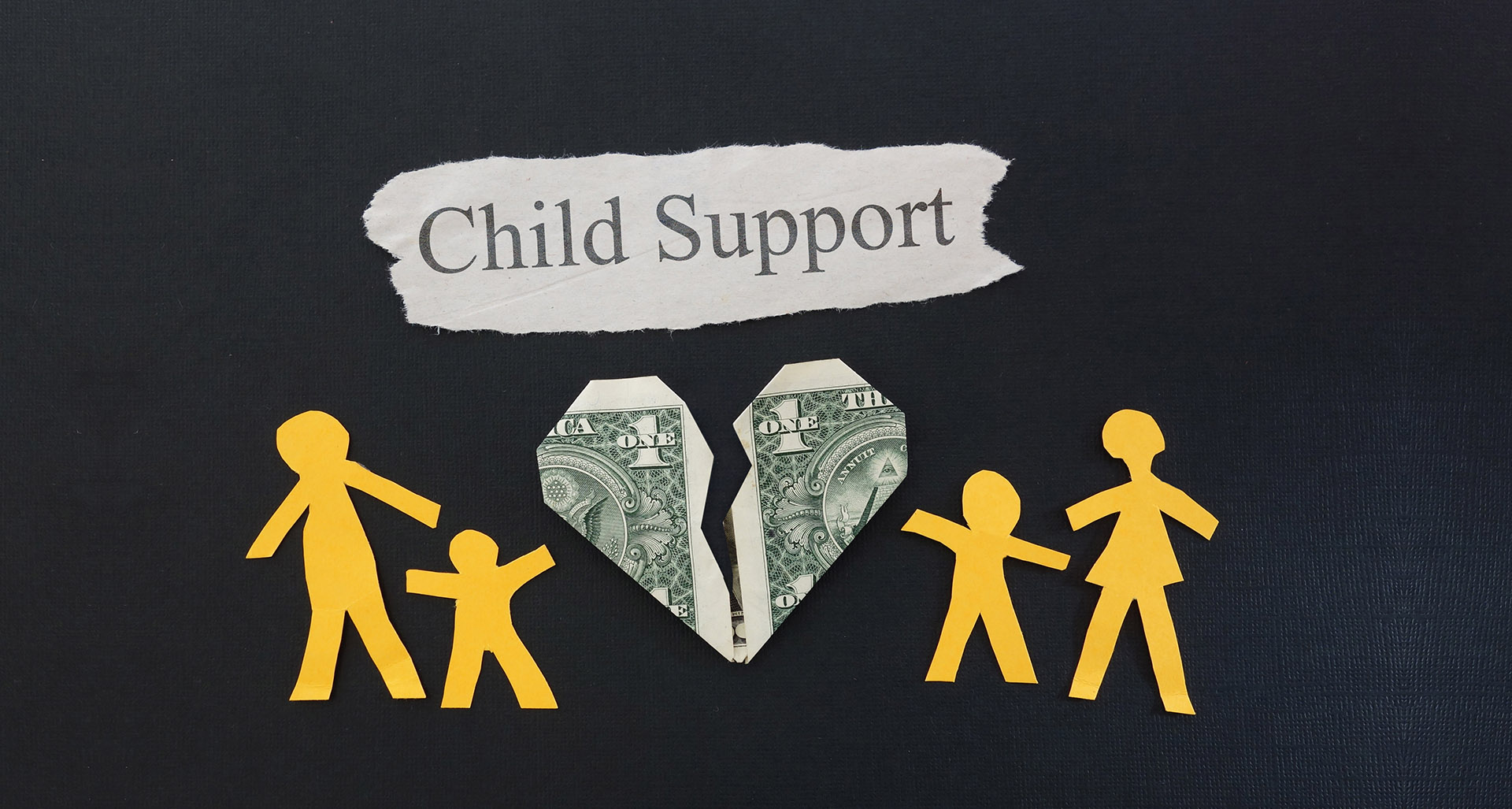Changes in income, such as losing your job, allow you to file for a petition to modify child support payments.
Was your termination voluntary or involuntary?
When petitioning the court for a child support modification, the Florida judge assigned to your case will determine if your job loss was voluntary or involuntary. Voluntarily leaving your job, thus reducing your income, can be considered an act of bad faith, and the court may impute income to you.
The court wants to ensure any modifications that may be granted are done so due to actions outside of your control.
Acting in bad faith may not result in a modification to your child support payments. Some examples of acting in bad faith can include:
- Failing a drug test
- Quitting because you did not like the job
- Leaving your job to forego paying child support.
What happens if you leave your job to return to school?
Leaving your job to return to school can result in a child support modification, but this would likely be an exception.
Generally speaking, choosing to leave your job for almost any reason is considered a voluntary loss of income. Thus, a child support payment modification is unlikely. However, suppose you can prove to the court your earning potential and job/career opportunities would increase with the formal education or training you are pursuing. In that case, the court may consider your modification.
“significant, material, involuntary, and permanent”
In order to reduce your child support payments, you need to show a substantial change in circumstances. A new disability, for example, would be worth mentioning as a significant and permanent change in circumstance. In the court system, a commonly used phrase to describe how a modification can be approved asks if the change in circumstance is “significant, material, involuntary, and permanent.”
What is imputed income?
In a child support case, when one party or more is behaving in bad faith and attempts to lower or eliminate any child support obligations by voluntarily lowering their income, the court will then likely impute their income.
Imputed income is a process the court uses to determine what someone’s income should be. The court will consider the individual’s skills, personal circumstances, education or training, availability of jobs and ability to work then an income is “assigned” to the individual.
The imputation of income process is commonly used in Florida cases involving child support or alimony. An experienced divorce and family law attorney can help in cases involving imputed income.
Speak to Attorney Sara J. Singer and her legal team for all your child support legal needs.
Call us at 954-527-2855 or message us online.

